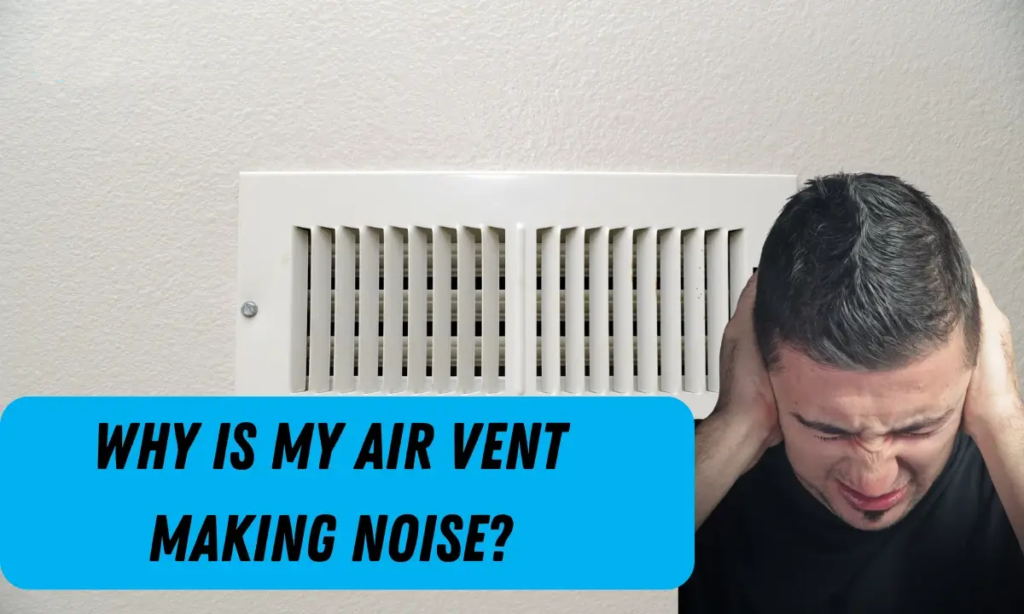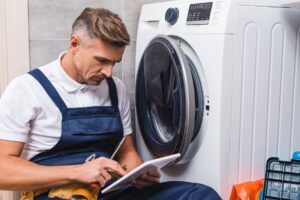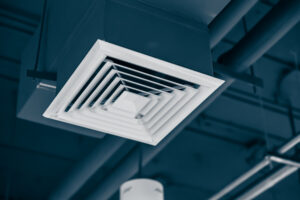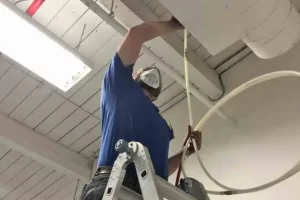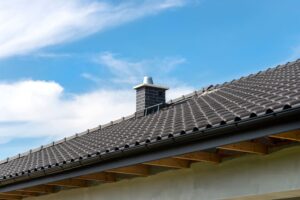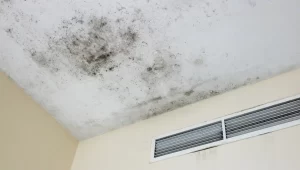Air vents play a crucial role in maintaining a comfortable and healthy indoor environment. They help circulate fresh air and regulate temperature.
However, have you ever been sitting peacefully in your home, only to be suddenly interrupted by a strange, humming or rattling noise coming from air vent? This is when you may ask yourself, “Why is my air vent making noise? ”
It can be quite confusing and frustrating. But fear not, you’re not alone. Noisy air vents are a common issue that many homeowners face.
There can be plenty of reasons that can make your air vents noisy. The air vents can be clogged with dust, loose connections in the ductwork, or if there is a refrigerant leak in your air conditioning system. Air vents can also make loud noises if there is a problem with the HVAC motor.
In this blog post, we will explore the reasons behind these noisy air vents and provide you with some simple solutions to help restore peace and quiet to your living space.
Why are my vents making noise?
A noisy air return vent can be a nuisance, but it can also be a sign of a more serious problem with your HVAC system. There are a number of reasons why your air vent might be making noise, including:
Clogged air duct
A clogged air duct is a common reason for noisy air vents. Dust, debris, pet hair, and even mold can accumulate inside the ductwork & obstruct the airflow. This blockage forces the air to push through the debris, creating a rattling, buzzing, or flapping noise in air vent. The same problem can also be caused by an air vent making noise when off.
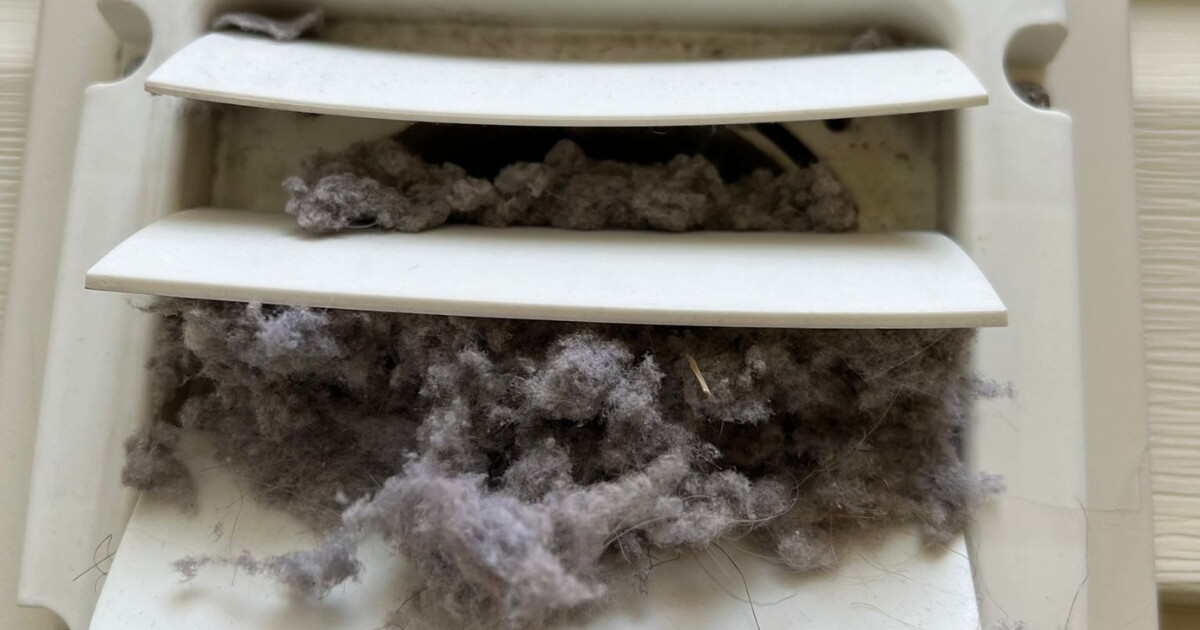
Solution:
- Turn off your HVAC system: Safety first – make sure the system is off to avoid any accidents.
- Remove vent covers: Carefully take off the vent covers from the wall or ceiling. Use a screwdriver if necessary.
- Inspect the ducts: Shine a flashlight into the ducts to identify the clogs. You may see dust, debris, or even mold growth.
- Clean the ducts: Use a vacuum cleaner with a long hose or a specialized duct cleaning brush to remove the debris. If you encounter mold, consult a professional for proper cleaning.
Loose duct joints:
Loose duct joints can occur where sections of ductwork connect, or where the ductwork attaches to vents or the HVAC system. These joints can vibrate when air flows through them, creating rattling or clanking noises.
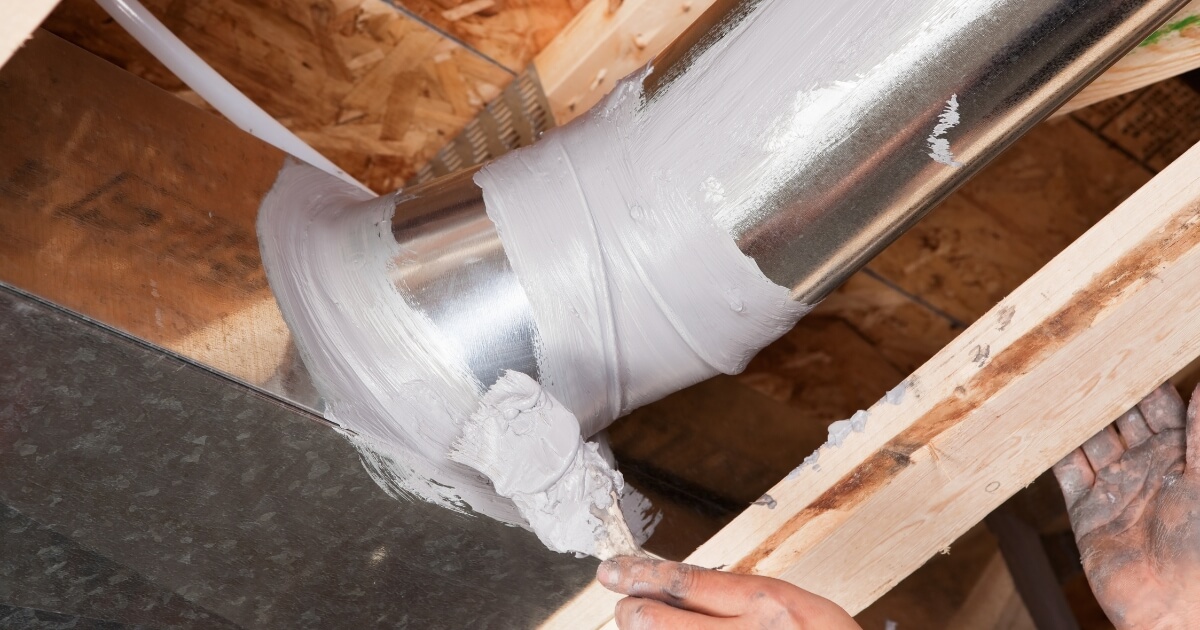
Solution:
- Inspect the duct joints: Examine the joints and connections along the ductwork for any visible gaps or looseness.
- Tighten the joints: If you find loose connections, use metal foil tape or duct mastic sealant to seal and secure them. This will prevent air leaks and reduce noise.
- Check for damaged sections: If you discover any damaged sections of ductwork, replace them with new sections and secure the connections properly.
Animals in the Ducts
If you’re hearing animal noise from air ducts, it can be a concerning and unexpected issue. Animals such as birds, rodents (mice, rats), or insects can find their way into your air ducts, either through small openings or gaps in the ductwork.
Solution:
- Contact a duct cleaning professional to inspect your ducts and safely remove any animals. They can also identify and seal any entry points to prevent future infestations.
Motor problems:
Due to motor problems, your air vent can create unusual noises like loud humming, buzzing, or grinding. Air conditioning systems and some heating systems use motors to power fans that circulate air throughout your home. When these motors encounter issues, they can generate noise.
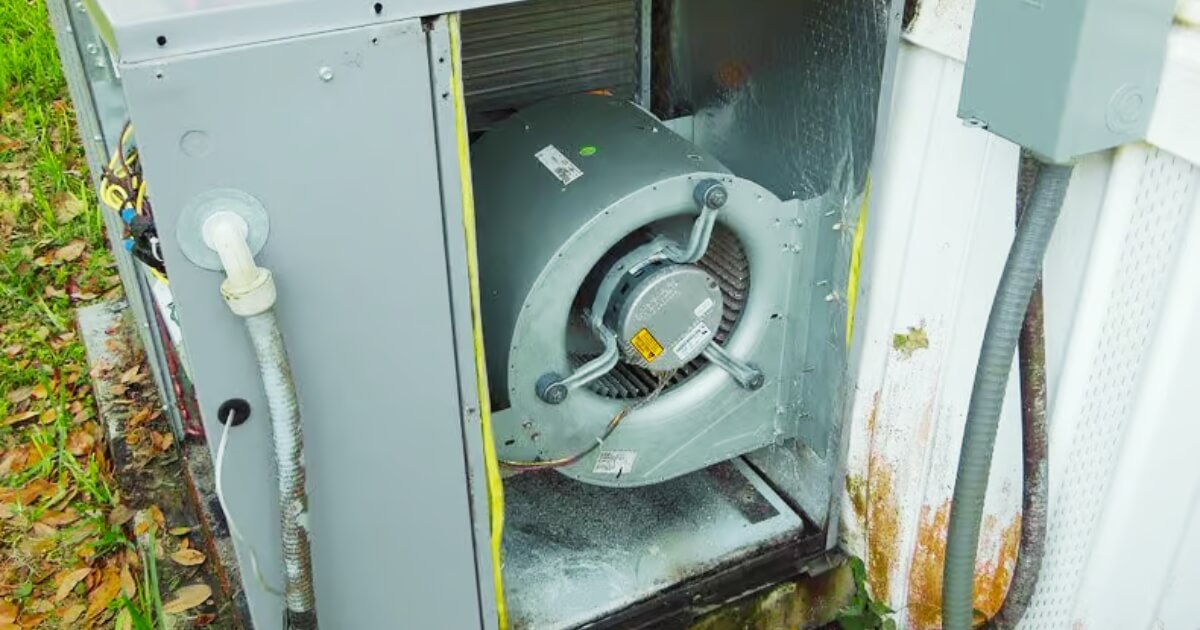
Solution:
- Turn off Your HVAC System: The first step when you suspect motor problems is to turn off your HVAC system to prevent further damage.
- Check for Loose Parts: Inspect the blower motor and the fan blades for any loose or damaged components. Tighten any loose screws and replace damaged parts.
- Lubrication: Some motors may require regular lubrication. Refer to your HVAC system’s manual for instructions on lubricating the motor. Use the recommended type of lubricant.
- Consult a Professional: If you’re unsure about the motor or unable to fix it yourself, it’s best to consult a professional technician. They can diagnose the issue accurately and recommend the necessary repairs or replacements.
Refrigerant leak:
Another common cause of strange noises from your air vents is a refrigerant leak in your air conditioning system. This leak can lead to hissing or bubbling sounds and can be a sign of a more significant problem.
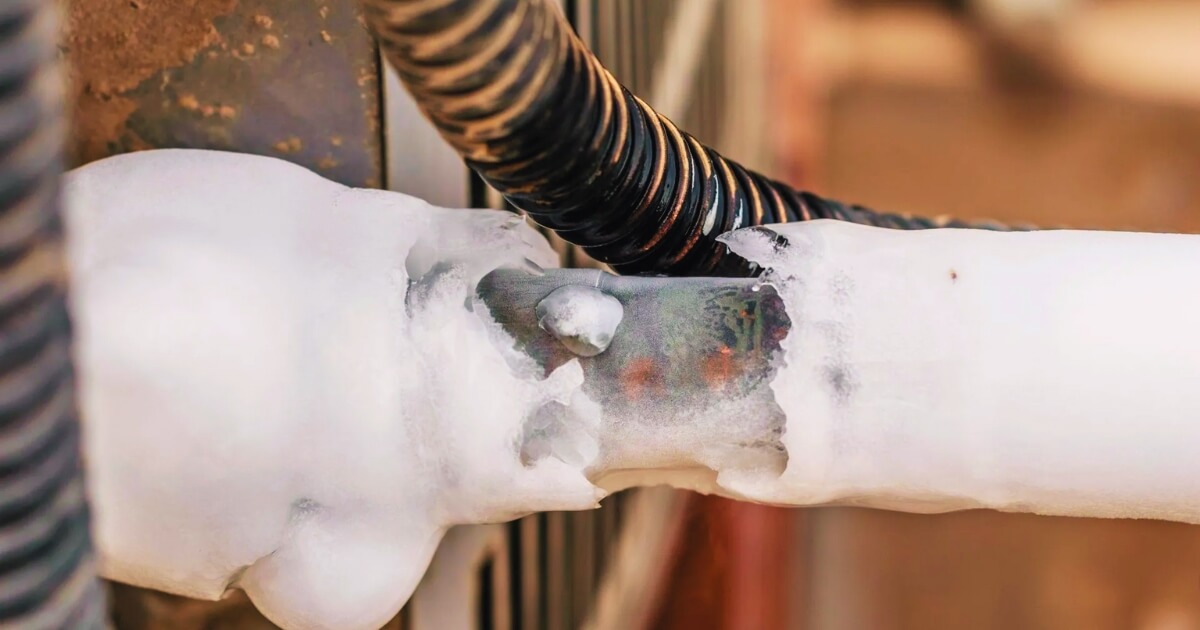
Solution:
- Turn Off Your AC: If you suspect a refrigerant leak, turn off your air conditioning system immediately. Continuing to run the AC with a refrigerant leak can damage the compressor.
- Safety First: Refrigerant leaks are harmful to your health. Do not attempt to repair the leak yourself. Evacuate the area and ensure proper ventilation.
- Contact a Professional: Reach out to a licensed technician who specializes in refrigerant leaks. They will have the necessary equipment and expertise to locate and repair the leak safely.
- Recharge the Refrigerant: Once the leak is fixed, the technician will recharge your HVAC system with the correct amount of refrigerant. This process should only be done by a qualified professional to ensure the proper functioning of your AC.
Air vents are too small:
When air vents are too small, they restrict the amount of air that can flow through them. This forces the blower motor to work harder to circulate the same amount of air. As a result, the blower motor may make noise, especially if it is old or worn out.
Solution: If your air vents are too small, a qualified technician can inspect them and recommend the best course of action. In some cases, it may be possible to simply enlarge the existing vents. However, in other cases, it may be necessary to install new, larger vents.
Wrapping Up:
A noisy air vent can be a nuisance, but it can also be a sign of a more serious problem with your HVAC system. If you feel that “I hear something in my vent”, it is important to identify the cause of the noise so that you can take steps to fix it.
Schedule Your Air Duct Cleaning With Purifox
If you are in Virginia, Maryland, or Washington and you are experiencing noisy air vents, Purifox LLC can help. We are a professional air duct cleaning company that has been serving the area for many years. We use state-of-the-art equipment to clean your air ducts thoroughly and remove all of the dirt, dust, and debris that can cause noise.
To schedule a consultation with Purifox LLC, please call us today at (571) 244-2603. We would be happy to answer any of your questions and help you get your air vents back to quiet operation.
Your home, your peace of mind, and your family’s health are worth it.
Are you from outside of Virginia, Maryland, or Washington? No worries! If you are in Austin, you can consult with Austin Chimney & Airduct Solutions for all your air duct cleaning issues. Or if you’re anywhere in the United States, feel free to search with “your issue regarding air duct Cleaning + your location” on Google. Hopefully, you will get the best air duct cleaning service providers with the top few results.
FAQs:
Why is my return vent so loud?
Your return vent may be loud due to restricted airflow, a dirty or clogged filter, or issues with the blower motor.
Can you soundproof a return air vent?
Soundproofing a return air vent is not a common practice, as these vents are designed to allow airflow and facilitate the proper functioning of your HVAC system. Instead, addressing the noise source within the HVAC system itself or insulating the surrounding walls can help reduce unwanted noise in your living space.
Why is my air vent making noise when off?
Air vents can make noise when off due to loose or disconnected ductwork, problems with the blower motor or compressor, electrical problems, or debris trapped inside. If you hear loud or unusual noises coming from your air vents, it is important to have the system inspected by a qualified technician.



